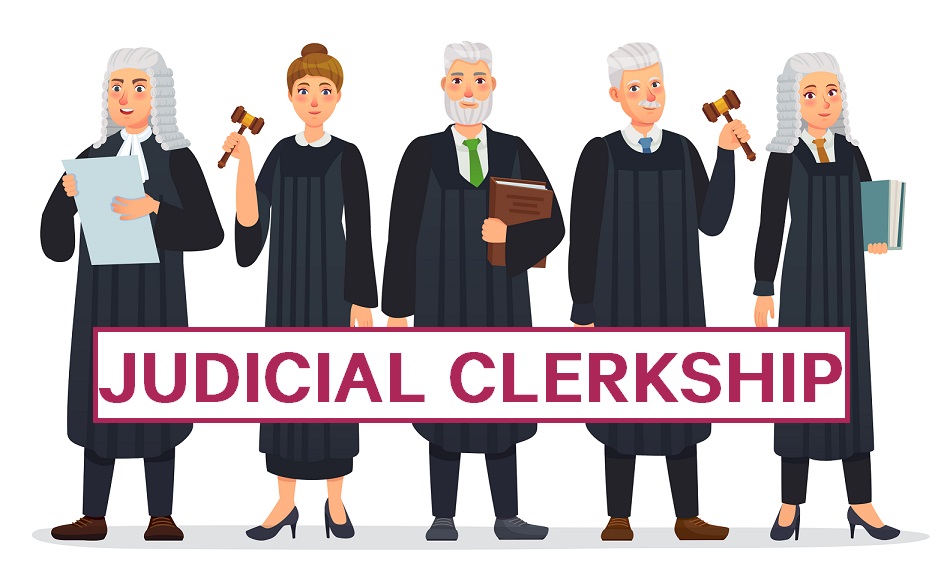Summary: Georgia State Law School is working to implement stronger programs aimed at helping students at risk of bar failure by collecting data as part of a new data analytics program.
Georgia State Law School is working on a program that would reveal the early warning signs of bar failure among students. The data analytics program would help the school implement interventions for the at-risk students, further helping their good bar passage rate, according to a report from the College of Law.
Georgia State University is already recognized for their predictive analytics that helps with student retention and improving their grades. The College of Law plans to take advantage of this resource to develop their own version of the program, examining grades, classes taken, and bar passage rates of their total students from 2009 to 2017, roughly 1,750. Associate dean for academic affairs and associate professor of law Jessica Gabel Cino said, “Since the university is the leader in this area, we decided to take advantage of that institutional knowledge.”
Cino and a team of student researchers will put the collected information into a database for the Office of Institutional Research to design algorithms for that can measure and help interpret the data. Cino added, “The students’ first-year GPA is often a big indicator, also what courses they took, whether those classes cover bad subjects, and how they studied for the bar.”
They also plan to examine data involving the amount of pro bono hours a student had, their participation in clinics, whether they take experiential classes, and if the students had full- or part-time jobs. Cino explained, “It’s difficult to say definitively how those things may factor in, especially given the number of variables.”
Once the data is broken down and an analysis can be conducted, the law school’s administration will decide if curriculum changes need to be made or other changes to exist or new programs that can help students achieve better outcomes.
Cino stated, “For example, we could find that a substantial number of students who failed the bar exam did not take Constitutional Law or Corporations and also have a GPA of 2.8. So, with that information, I could approach second-year students with GPAs below 2.8 and advise them to take those classes because statistics suggest they are in danger of failing the bar.”
The law school’s new director of academic success, Kim D’Haene, said, “Data analytics can help us to identify skills, challenges and attributional factors that impact our students’ academic success. From a programming and curriculum standpoint, it allows us to more precisely target specific academic skills and to more effectively utilize student strengths.”
The academic success team is already working on new programs and expanding existing programs to help students identify their strengths and weaknesses so that more productive study techniques can be employed. Addressing a student’s struggles during their first year in law school is critical for their future. Cino added, “We don’t want to wait until students are ready to take the bar to say, ‘You’re in danger of failing the bar.’ We want to identify those students after the first year, and then help them make changes to ensure they are on the right track.”
D’Haene is a former grader for the Georgia Board of Examiners and a Kaplan lecturer. “In the bar exam, the amount of work that you do tends to correlate closely to outcome. Students who complete all the assignments in the bar review course and are purposeful and strategic in their preparation have a much higher success rate.”
Do you think students can be taught during law school to be better students? Share your thoughts with us in the comments below.
To learn more about preparing for the bar exam, read these articles:
- 10 Study Tips for Law Students
- 5 Ways to Address Potential Red Flags for the Bar Exam
- Recover from Failing the Exam in 10 Easy Steps
Photo: flickr.com


































